Steve Waugh, Ricky Ponting: Don’t underestimate the influence of this pair
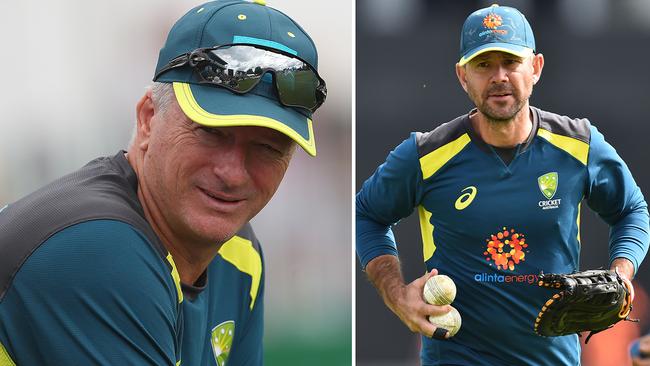
That was the way of it then. A dozen years into an ascendancy over their oldest rival, Australia did not just rule at home but abroad: 2001 had built on 1997, which had built on 1993, which had built on 1989. There were occasional spasms of resistance: in 2001, England would burgle a dead Test at Headingley, before implacable, point-proving and matchwinning hundreds by Justin Langer and Steve Waugh at The Oval.
Had we known then that more than 18 years would elapse before Australia won another series in England, celebration might have lasted longer. But my reporter’s recollection is of anticlimax, even some perplexity.
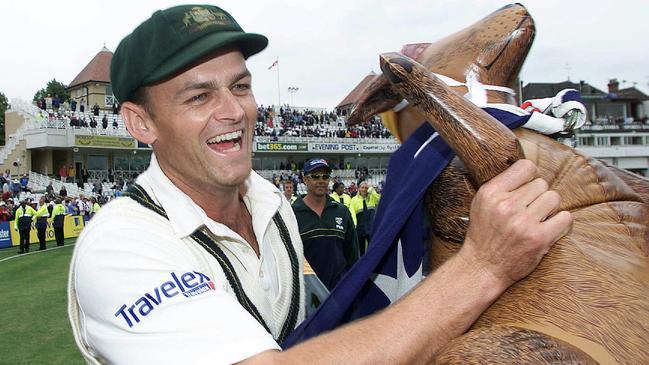
Afterwards Adam Gilchrist insisted that the urn mattered as much as ever. But the attitude among some Australian patriots was, jeez, won’t someone give us a decent game? A few partisans were even campaigning for Ashes series to be shortened to three Tests, so cheap and unsatisfying had victory grown.
Turning the passage of time since 2001 into “years of hurt” is hardly necessary. After all, Australia has enjoyed plenty of home Ashes success in that time, and have retained rather than regained the trophy now. But as a kind of self-created spur, it has worked a certain magic. Australians decided that while a decent game was a nice idea, winning was a better one after all.
The motivational tool also has a wider application, for Australia’s defeats in England in 2005, 2009, 2013 and 2015 helped establish the pattern of misadventure abroad.
Since the start of 2013, Australian teams have lost twice as many Tests as they have won abroad, including matches to Bangladesh and Sri Lanka — the longest period of such sustained failure in our history.
Worse, there was for a long time a kind of indifference to this. Not in the sense that defeat was not dismaying but that, really, we didn’t have to do much different, except try a bit harder, or pick different people, or schedule an advance practice match or two. There was a sense of playing on past glories, on innate supremacy, on self-admiringly “taking the game on”, and on self-consciously “never crossing the line”.
A lot’s been made in the past few days about the ingenuity of Australian planning for this series: the adoption of Dukes cricket balls in Sheffield Shield cricket, the renewed enthusiasm among young Aussies for playing county cricket, on the accent on fresh legs and dot balls etc. Some of this nerdiness is well-founded; some of it is because success gilds everything in retrospect.
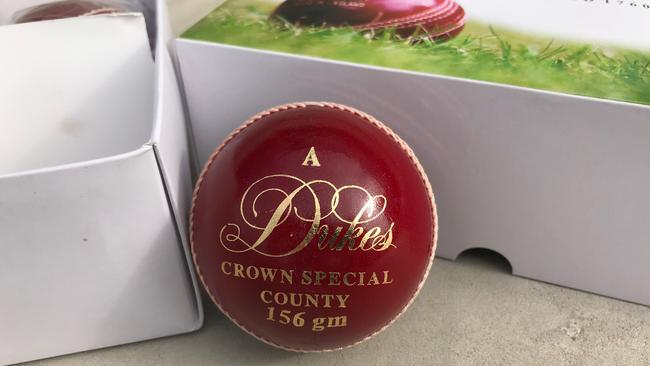
The plans, however, may be less significant than that they existed at all, for the attitude shift this represents — that analysis and adaptation were integral to touring, that Australia abroad could do with listening rather than just talking.
Last year Australia visited England for a one-day series and were bossed in every match. Significant soul-searching followed. Tim Paine, newly appointed captain, gave ODI cricket away. And Langer, newly appointed coach, uttered words that during his playing career would have been almost unthinkable: “I’ve got massive respect for England and the way they are playing their cricket.”
The pair of them in harness, front and back, have presented an interesting study on this tour. They are an accidental coupling. Three years ago, with Steve Smith securely ensconced in the Australian captaincy, Paine was planning to accept a job at Kookaburra; 18 months ago, with Darren Lehmann’s coaching contract due to run through to the end of these Ashes, Langer was busy with the Perth Scorchers and Western Warriors.
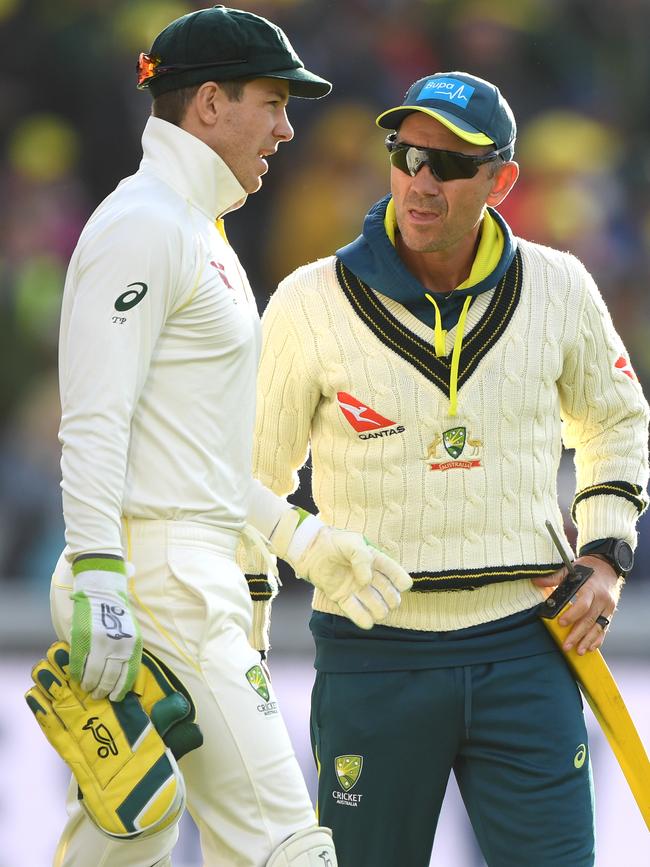
The temptation now is to look for a secret for their simpatico, something like the fabled rapport of Andrew Strauss and Andy Flower. Yet it may be as simple as the circumstances of their coming together. It’s not like either man can have felt a sense of entitlement about their promotions; it’s not like their team, execrated by countrymen during Sandpapergate, had grounds for thinking themselves so special.
Plans are not simply about what to do; they are about who you are. Such is his adaptability in real time, Steve Smith does not really need plans. But others either do, or find them helpful, or find them reassuring.
Langer often refers to the youth of his team, which is on the face of it odd, because they are by historical standards more or less averagely old for Australian teams in England. But what is almost certainly true is that this squad is less mature and self-directed in cricket terms than the cricketers of Langer’s own generation, having grown up inside a far larger, richer and all-encompassing system, and as such do need more structure and direction.
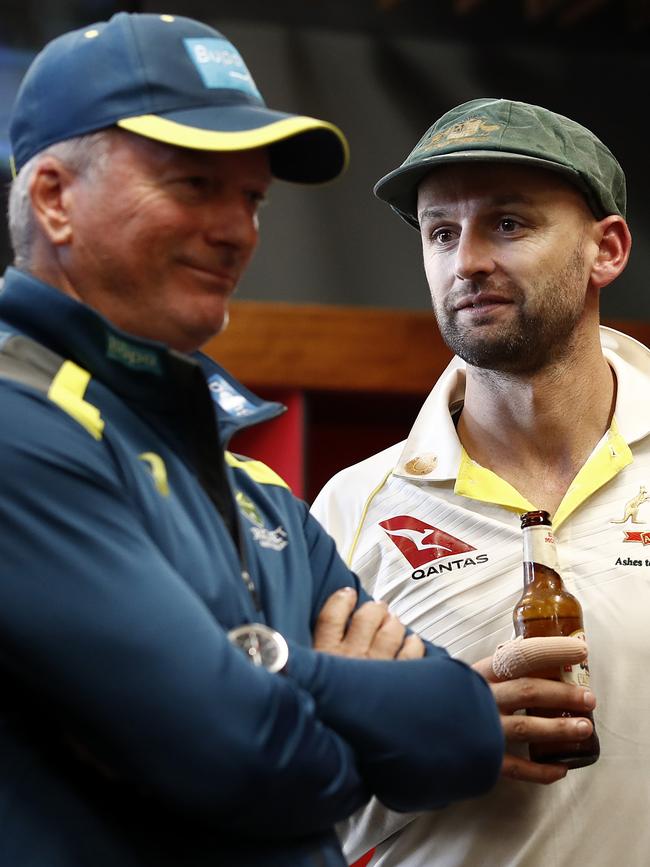
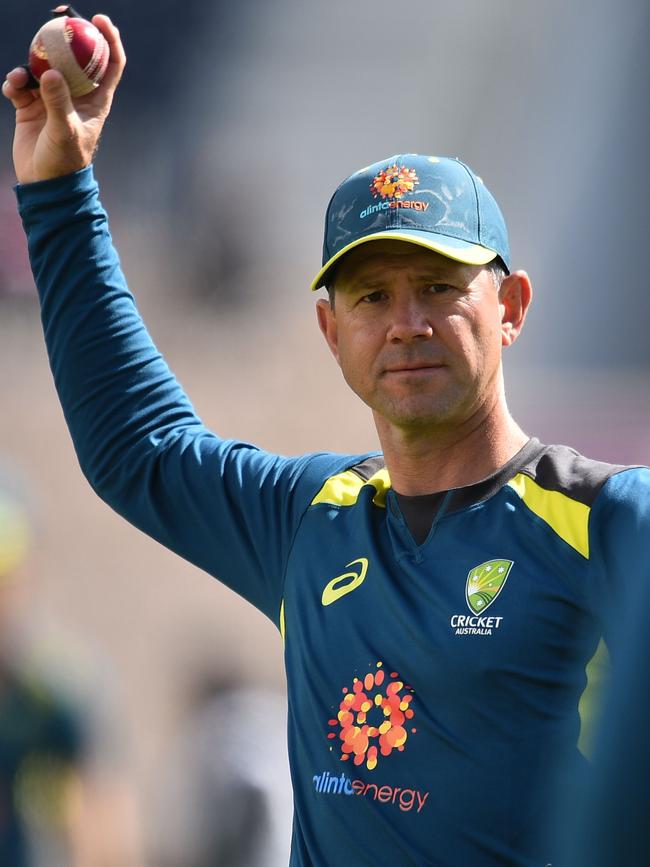
Into this comes the fascinating roles taken this summer by Steve Waugh and Ricky Ponting; Glenn McGrath was also a guest of the Australians at Old Trafford.
The introduction of past masters to current juniors is a hit-and-miss business. A few years ago, England welcomed Ian Botham, whose cricket stories all seemed to involve the preparatory consumption of a lake of red wine — good fun, but not exactly what one could learn from.
Waugh and Ponting, however, are greats within ready recall, and as such accorded natural deference of the kind that contributes to the culture Langer and Paine would like to build. Whether it lasts remains to be tested. But it’s unlikely that it will be 18 years ‘til Australia next win in England.



At 4pm on August 4, 2001 at Trent Bridge, England’s Andy Caddick delivered a no-ball to Mark Waugh, conceding the Third Test and Ashes series to Australia. The game had taken fewer than 200 overs, custody of the trophy less than eleven days to decide. The Australians, who had knocked off their target at five an over, took a slow lap of the ground, as if to draw things out a little.